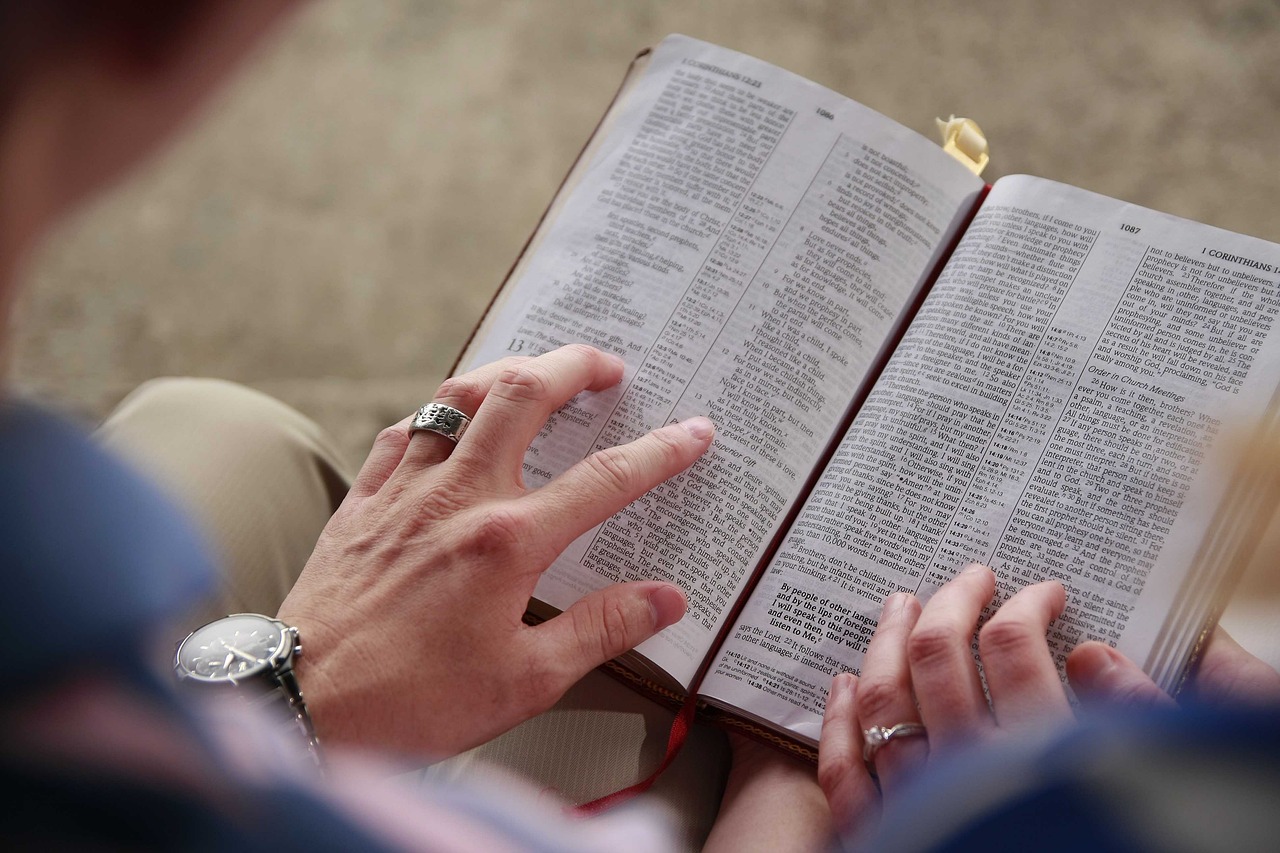
The Enigma of Free Will: Unraveling the Biblical Narrative on Human Choice and Accountability
Exploring the biblical narrative surrounding free will unveils a captivating tapestry that challenges believers to engage with the mysteries of human choice and divine accountability. This article takes a journey through the Scriptures to delve into the enigma of free will, examining its implications and the accountability it entails according to biblical teachings.
The Gift of Autonomy:
At the core of the biblical narrative lies the affirmation of free will as a divine gift. Rooted in the Old Testament, the story of Adam and Eve in the Garden of Eden serves as a foundational narrative illustrating God’s endowment of autonomy to humanity. This gift grants individuals the power to make choices, shaping the course of their lives and the world around them.
Human Responsibility:
Throughout both the Old and New Testaments, numerous passages stress the moral agency inherent in free will, underscoring the accountability individuals carry for their actions. This theme is woven into the fabric of the Decalogue and echoed in the teachings of Jesus, calling believers to a responsible stewardship of the gift of autonomy.
Navigating the Paradox:
The enigma of free will deepens as the Bible introduces the paradoxical relationship between human choice and divine sovereignty. While God grants the freedom to choose, passages such as Proverbs 16:9 and Jeremiah 10:23 allude to the Lord’s guidance and sovereignty over the human heart. The tension between these concepts sparks theological contemplation, inviting believers to grapple with the mysteries of divine providence and human choice.
Consequences and Divine Justice:
The biblical narrative unfolds a narrative of consequences, illustrating that choices are not made in a vacuum. Passages such as Galatians 6:7 and Romans 14:12 underscore the idea that individuals will be held accountable for their deeds. Divine justice, portrayed as an expression of God’s righteousness, ensures that choices have implications, both in the temporal and eternal realms.
Divine Compassion and Forgiveness:
While free will introduces the potential for wayward choices, the Bible also paints a picture of divine compassion and forgiveness. The narrative of redemption, epitomized in the life and teachings of Jesus Christ, provides a path of reconciliation for those who err. This facet of the biblical narrative emphasizes the delicate balance between accountability and the boundless grace offered to those who seek forgiveness and redemption.
Conclusion:
The enigma of free will, as unfolded in the biblical narrative, invites believers to engage with the complexities of human choice and divine accountability. The Scriptures present a multifaceted perspective, acknowledging the gift of autonomy while underscoring the responsibility that accompanies it. As believers navigate this enigma, they are prompted to embrace both the accountability for their choices and the transformative power of divine grace that offers redemption and renewal.

